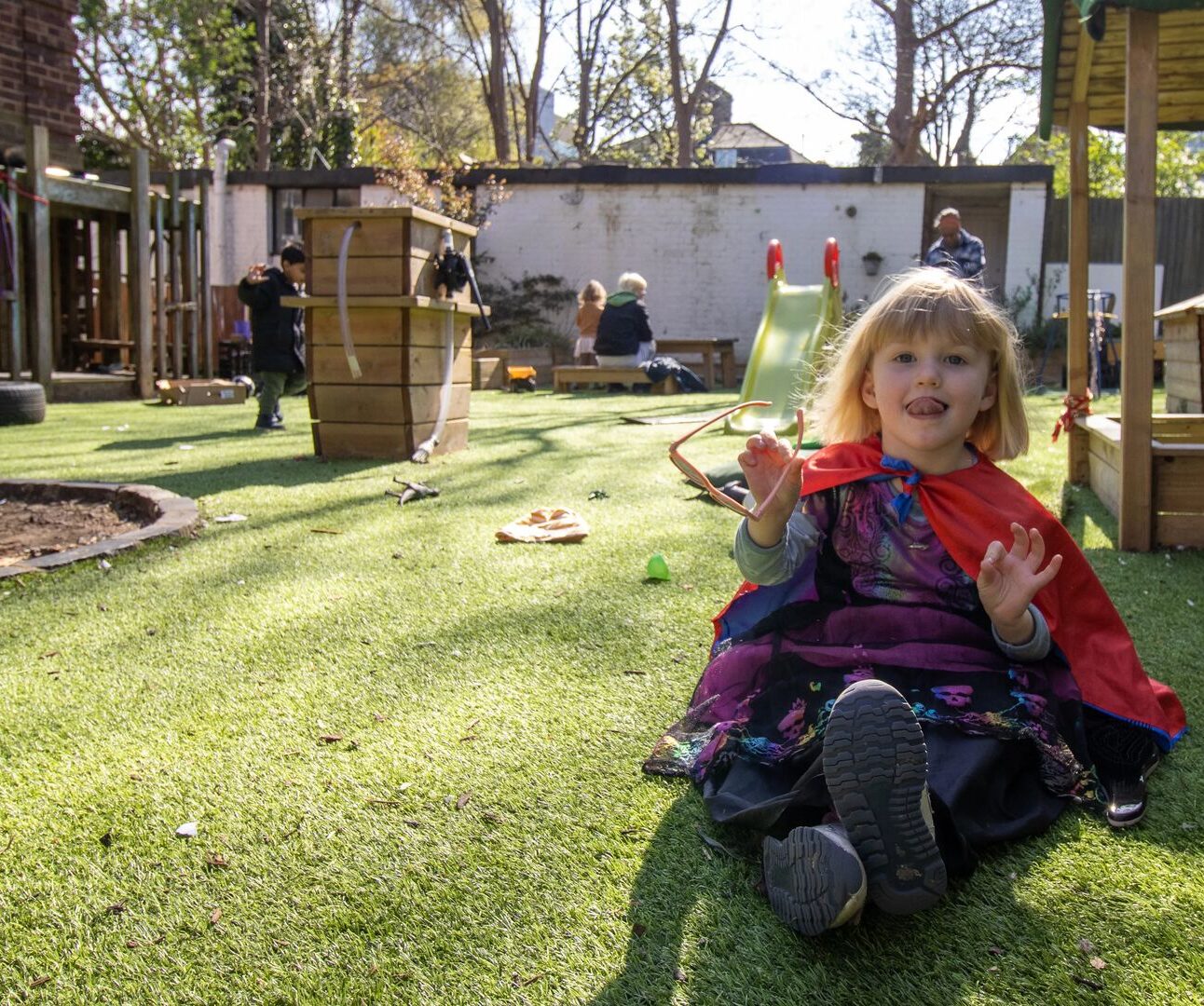SEND at LEYF
We achieve better outcomes for children with SEND (Special Educational Needs and Disabilities) by developing and supporting our staff. This results in confident teachers who:
- Are equipped to assess and identify children with potential SEND
- Use different screening tools to assess children’s progress, such as the WellComm toolkit, Early Years Speech, Language and Communication Monitoring Tool, and the LEYF LPDS
- Plan relevant interventions to meet children’s individual needs
- Carry out referral processes and access local outreach services for specialist advice, where needed
- Signpost parents and carers to relevant services to support individual children’s and family’s needs, such as adult mental health services.
We also train staff to become SENCOs (Special Educational Needs Coordinators) who are:
- Skilled and confident in searching and understanding the local SEND services and processes, known as Local Offer
- Believe that supporting the needs of children with SEND can be part of mainstream, good quality teaching.

Training programmes
We offer in-house training to support SENCOs’ and teachers’ knowledge and skills:
- NCFE CACHE Level 3 Award for Special Educational Needs Coordinators in Early Years Settings
- Tailored training programmes to develop specialist teaching skills, to meet the needs of a wide range of children with SEND include:
- The importance of visuals in Early Years settings
- Attention-Building Strategy
- Speech and Language groups in Early Years
- Supporting children’s self-regulation and resilience
- Working in partnership with parents and other professionals
- Characteristics of Autism Spectrum Disorder (ASD) in the Early Years
- Supporting children with SEND through music sessions
- Completion of SENIF/SENDIF and Educational Health Care Plan (EHCNA)
- Transition to school or any other setting
- Strategies to support children’s individual needs in Early Years settings
- How to support children with Down Syndrome
- Supporting children with sight impairment
- Supporting children with hearing impairment
- How to support children with anxiety in the Early Years
- Supporting children with Dyspraxia
- How to support children with Attention Deficit Hyperactivity Disorder (ADHD)
- Health Condition and the Equality Act 2010
- The use of Educational Technology (EdTech) to Support Children with SEND
- How to support gifted and talented children in the Early Years
For more information on SEND requirements, please take a look at the SEND Code of Practice.
SEND Code of Practice





